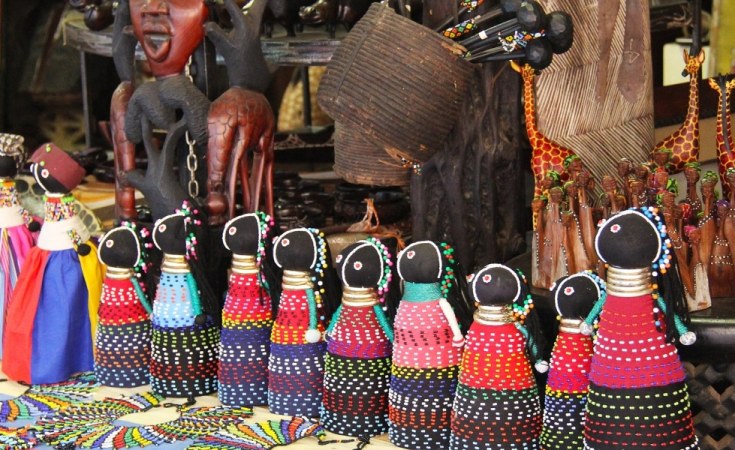Nairobi — The head of the International Monetary Fund is urging African countries to implement the Africa Continental Free Trade Area.
Speaking Friday in Nairobi, Kristalina Georgieva said intracontinental trade could grow by 53% if steps are taken to remove trade barriers and improve logistics and transportation.
Georgieva said there are many benefits to be gained from the Africa Continental Free Trade Area, or AfCFTA. But first, she said, reforms are needed to capture the full advantages, including what the IMF sees as the number one priority -- reducing trade barriers, such as tariffs.
"If Africa decides to follow our science for example and bring trade barriers from 6% down to 1%, that would be a major step," she said.
She also wants to see countries use fewer non-trade barriers, like quotas and embargoes, attempt to integrate into global supply chains and diversify their economies.
Ngozi Okonjo Iweala, head of the World Trade Organization, praised the agreement, but said that to make it work, it's imperative to reduce the cost of trading within and outside Africa.
"Trading with the outside, that cost is equivalent to a tariff of 350%, which is 1.5 times larger than what you find in developed countries," Iweala said.
But, Iweala said, trading within Africa is even worse.
"The barriers ... are equivalent to 435% tariffs," Iweala said. "So, unless we can deal with these costs and bringing them down, it will be very difficult for us to actualize a good implementation of the Continental Free Trade Area."
But with many countries just recovering from the negative effects of the COVID-19 pandemic, reducing tariffs comes with its own problems.
"For some countries in the continent, they actually depend on those tariffs and customs duties for the bulk of their revenue, so it's going to be a real challenge," Iweala said. "That is why for the least developed countries for example, the agreement is that they have a longer period of time to implement because of the recognition that it is difficult, that it is not going to happen overnight."
The agreement establishing the AfCFTA was signed in 2018.
The AFCFTA is the world's largest free trade area, according to the bloc, bringing together the more than 50 countries of the African Union and eight regional economic communities, such as ECOWAS and the East African Community.
So, said the IMF chief, it might take some time to realize its full potential.
"We are not talking about moving from today to tomorrow, we are talking about the process," Georgieva said. "We just have to have the ambition to pursue reduction of tariffs. ... There is still quite a lot that could be done to bring tax revenues up by improving tax collections and tapping into higher income in a fairer and more prudent way."
Last year, Kenya shipped its first batches of locally made car batteries and tea to Ghana.
Njuguna Ndung'u, the cabinet secretary at the Kenyan National Treasury, celebrated but noted that the batteries took eight weeks to be transported from Nairobi to Accra.
"Why did it take eight weeks? It's because of the infrastructure problem we have, the connectivity is a problem," Ndung'u said. "Because you have an opportunity to trade, you look for opportunities in terms of how to solve the problems in the process and do you make that solution sustainable? Right now, I wouldn't say taking eight weeks is sustainable but it's worth the try."
In the meantime, he said, "We are going to look into how to improve connectivity."


